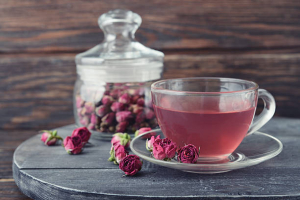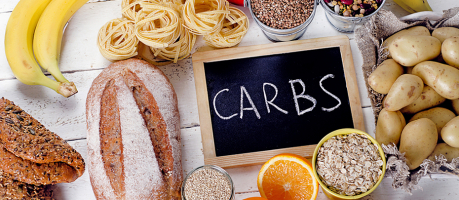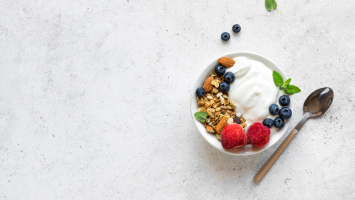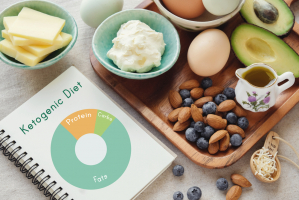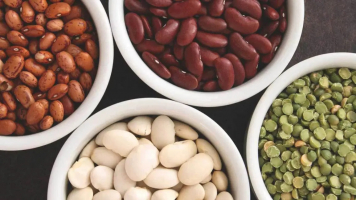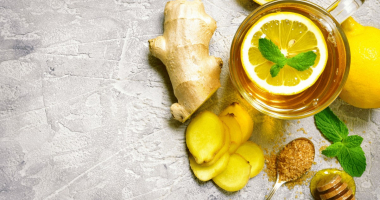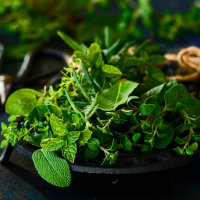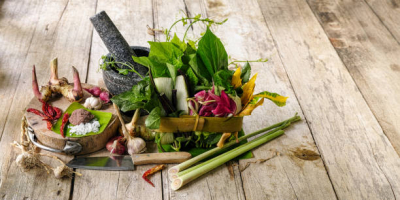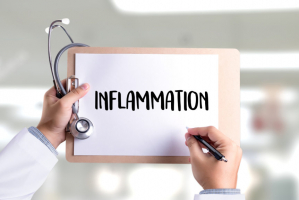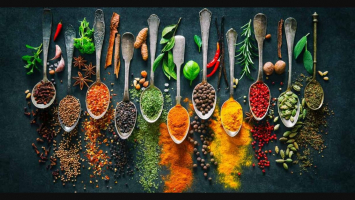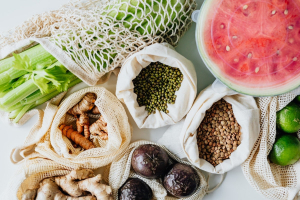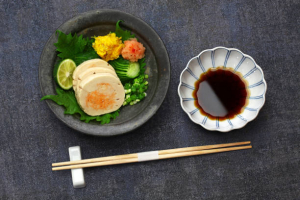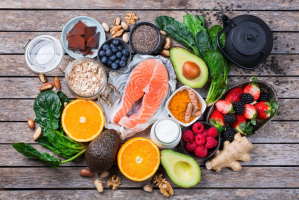Top 9 Herbs and Spices That Fight Inflammation
Throughout history, the usage of herbs and spices has been extremely essential. Many were revered for their therapeutic benefits long before they were used in ... read more...cooking. Modern research has now demonstrated that several of these provide significant health advantages. Consuming anti-inflammatory herbs is one of the most effective strategies to reduce inflammation and treat a variety of symptoms associated with this health condition. Including anti-inflammatory foods and herbs in your daily wellness routine may make a significant impact on how you feel. The following are the world's healthiest herbs and spices for fighting inflammation.
-
Cinnamon is a popular spice that may be used in a variety of recipes and baked products. Cinnamaldehyde, a chemical found in cinnamon, is responsible for its therapeutic benefits. Cinnamon contains high antioxidant action, aids in inflammation, and has been demonstrated to decrease blood cholesterol and triglycerides. But it's the impact on blood sugar levels that cinnamon truly shines.
Cinnamon can reduce blood sugar levels in a variety of ways, including delaying carbohydrate digestion in the digestive system and boosting insulin sensitivity. Cinnamon has been found in studies to reduce fasting blood sugars by 10-29% in diabetic individuals, which is a considerable amount. The effective dose of cinnamon is generally 0.5-2 teaspoons per day or 1-6 grams.
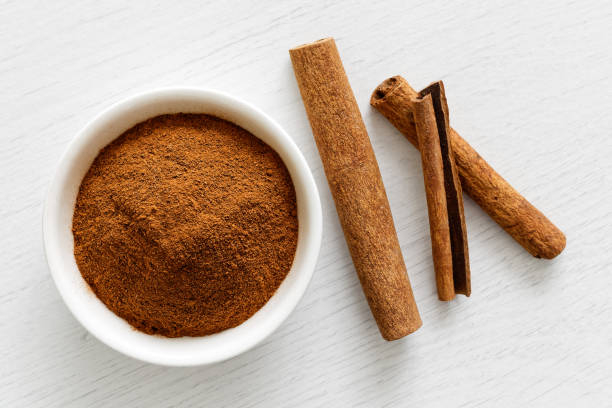
Cinnamon 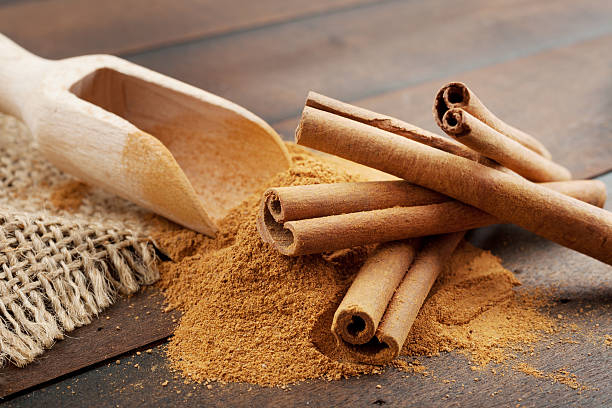
Cinnamon -
Sage has been shown to increase brain function and memory. The Latin phrase Salvere, which means "to rescue", inspired the name Sage. During the Middle Ages, it had a high reputation for its medicinal abilities and was even used to help avoid the plague. According to current studies, sage may be able to boost brain function and memory, particularly in patients with Alzheimer's disease.
A decrease in the amount of acetylcholine, a chemical messenger in the brain, is associated with Alzheimer's disease. Acetylcholine breakdown is inhibited by sage. The sage extract was demonstrated to significantly enhance brain function in a 4-month trial of 42 people with mild to moderate Alzheimer's disease. Other studies have found that sage can boost memory performance in both young and old persons.
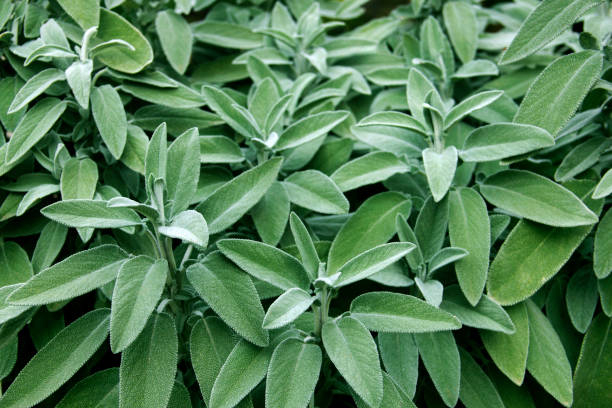
Sage 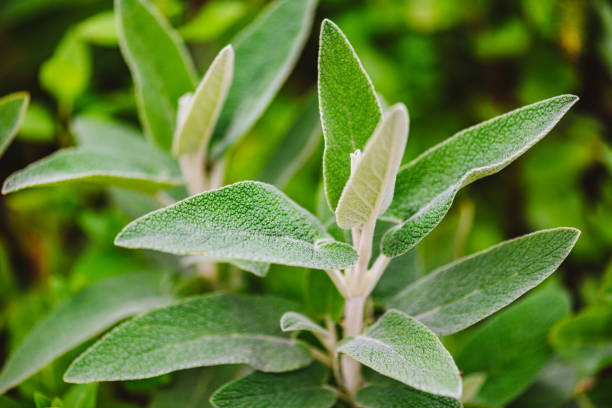
Sage -
Peppermint has been used in folk medicine and aromatherapy for centuries. As with many plants, the chemicals responsible for the health benefits are found in the oily component. Many studies have indicated that peppermint oil can help with pain management in those who suffer from irritable bowel syndrome, or IBS. It appears to act by relaxing the smooth muscles of the colon, relieving discomfort associated with bowel motions. It also aids in the reduction of abdominal bloating, a typical digestive ailment.
There has also been some research that demonstrates that using peppermint in aromatherapy can aid with nausea. Peppermint aromatherapy significantly reduced nausea in a trial of over 1,100 women in childbirth. It has also been found to alleviate nausea following surgery and C-section deliveries.
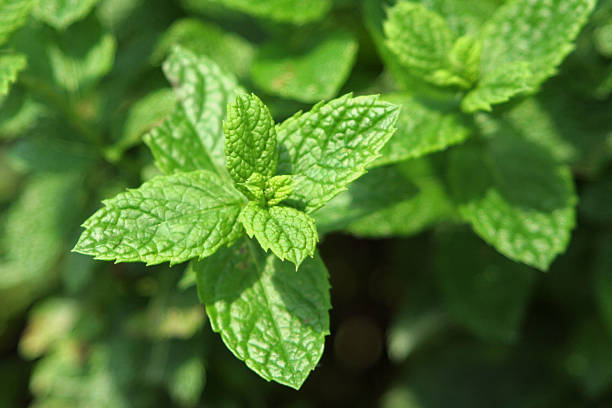
Peppermint 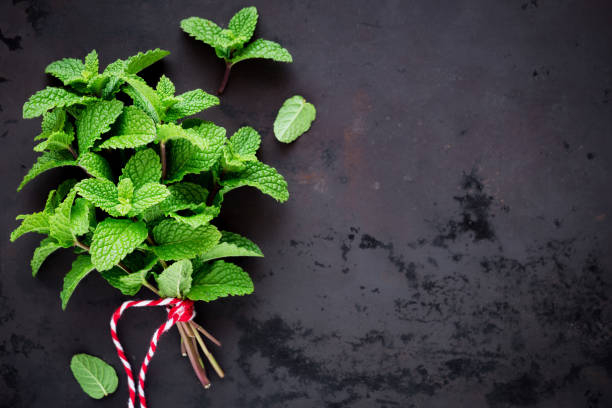
Peppermint -
Curry gets its yellow hue from the spice turmeric. It includes various therapeutic chemicals, the most notable of which is curcumin. Curcumin is an extremely potent antioxidant, aiding in the battle against oxidative damage and enhancing the body's own antioxidant enzymes. This is significant since oxidative damage is thought to be one of the primary processes underlying aging and many illnesses.
Curcumin is also extremely anti-inflammatory, rivaling the efficacy of several anti-inflammatory medications. Given that chronic, low-level inflammation is a primary contributor to practically every chronic Western illness, it is not surprising that curcumin has been linked to a number of health advantages. According to studies, it can boost brain function, prevent Alzheimer's, lower the risk of heart disease and cancer, and treat arthritis, to mention a few benefits.
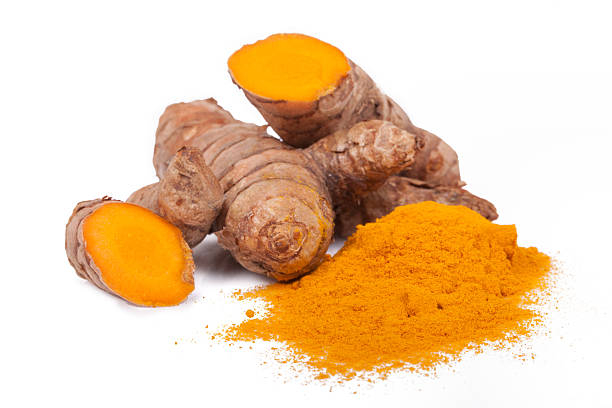
Turmeric 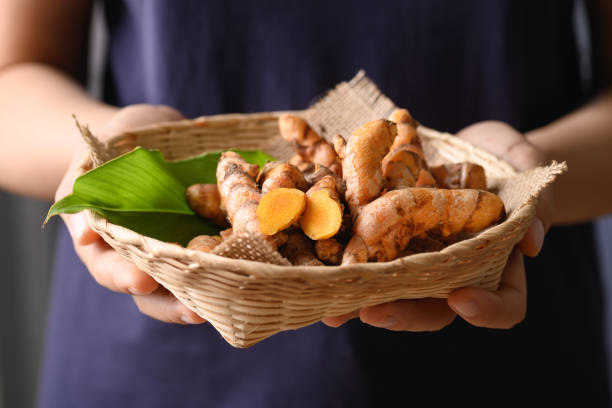
Turmeric -
Holy basil aids in the fight against illnesses and increases immunity. Holy basil, not to be confused with normal basil or Thai basil, is regarded as a sacred herb in India. According to research, holy basil can suppress the growth of a variety of bacteria, yeasts, and molds.
One tiny study also discovered that it can improve immune system function by boosting specific immune cells in the blood. Holy basil has also been associated with lower blood sugar levels before and after meals, as well as anxiety and anxiety-related depression treatment. These studies, however, were rather small, and further study is required before any suggestions can be made.
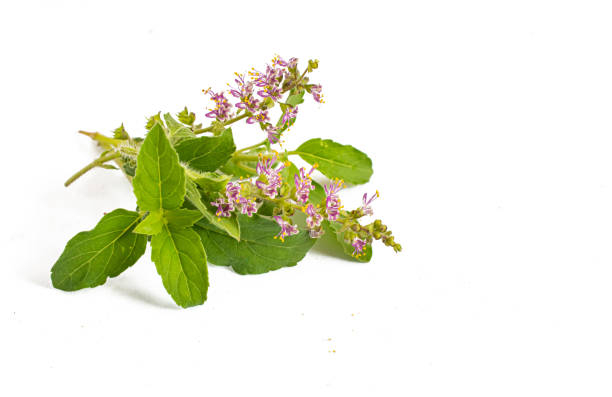
Holy Basil 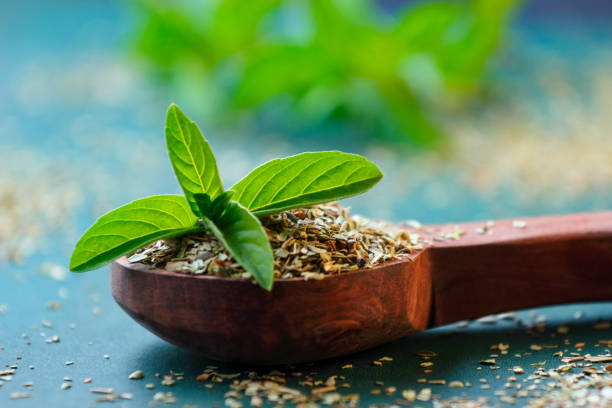
Holy Basil -
Cayenne pepper is a kind of chili pepper that is used in the preparation of spicy meals. Capsaicin, the active element in it, has been demonstrated in several tests to lower hunger and improve fat burning. As a result, it's a frequent element in a lot of commercial weight reduction pills.
According to one study, adding 1 gram of red pepper to meals lowered hunger and enhanced fat burning in those who did not normally consume peppers. There was no impact in persons who were used to consuming spicy food, suggesting that tolerance to the effects can develop. Capsaicin has also been shown in animal experiments to battle specific types of cancer, including lung, liver, and prostate cancer. Of course, these anti-cancer properties have yet to be demonstrated in humans, so take everything with a grain of salt.
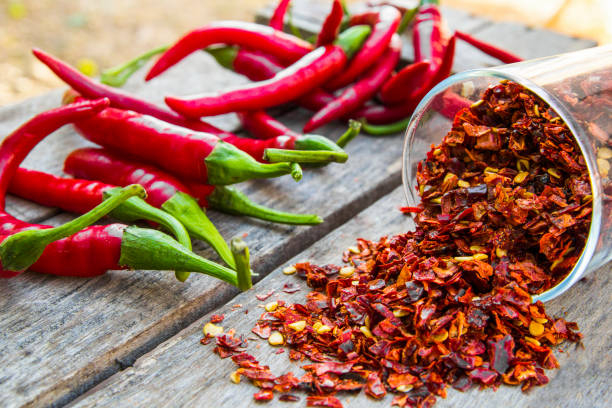
Cayenne Pepper 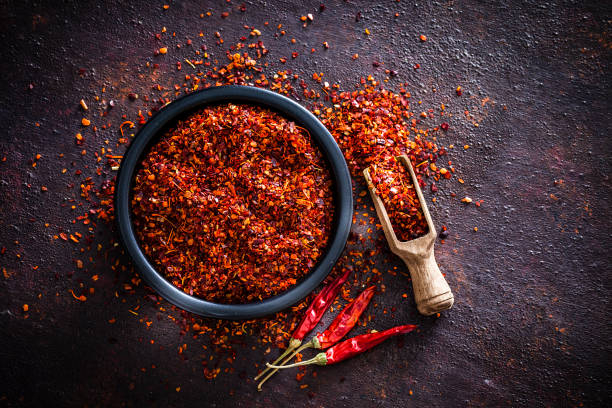
Cayenne Pepper -
Ginger is a popular spice that is utilized in a variety of alternative medical practices. 1 gram or more of ginger has been found in studies to effectively relieve nausea. Morning sickness, chemotherapy, and sea sickness all create nausea. Ginger appears to have anti-inflammatory effects and can aid with pain management.
In one research of those at risk for colon cancer, 2 grams of ginger extract per day reduced indicators of colon inflammation in the same manner as aspirin did. Another study discovered that a combination of ginger, cinnamon, mastic, and sesame oil reduced pain and stiffness in people with osteoarthritis. It performed similarly to aspirin or ibuprofen therapy.
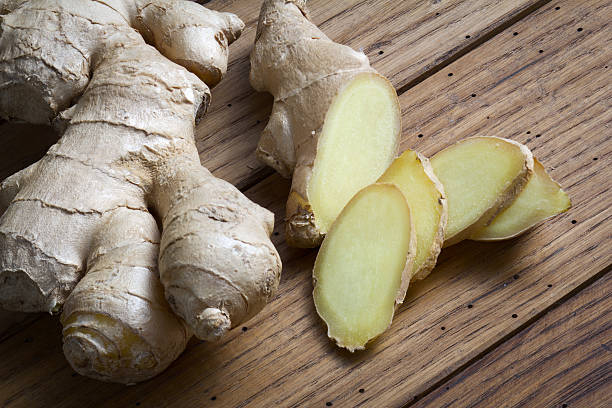
Ginger 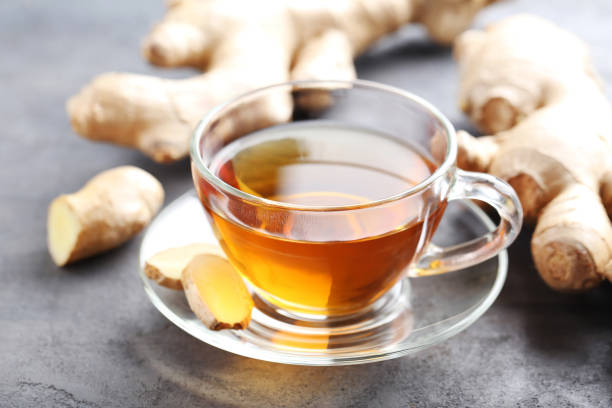
Ginger -
Fenugreek was widely utilized in Ayurvedic medicine, notably to boost libido and masculinity. While the effects of fenugreek on testosterone levels are ambiguous, it does appear to have favorable benefits on blood sugar. It contains the plant protein 4-hydroxy isoleucine, which helps enhance insulin action. Many human studies have indicated that taking at least 1 gram of fenugreek extract per day will help diabetics decrease their blood sugar levels.
Rosmarinic acid is the active element in rosemary. This compound has been demonstrated to reduce allergic reactions and nasal congestion. Rosmarinic acid dosages of 50 and 200 mg were demonstrated to decrease allergy symptoms in a trial of 29 people. With less congestion, the number of immune cells in nasal mucus dropped as well.

Rosemary 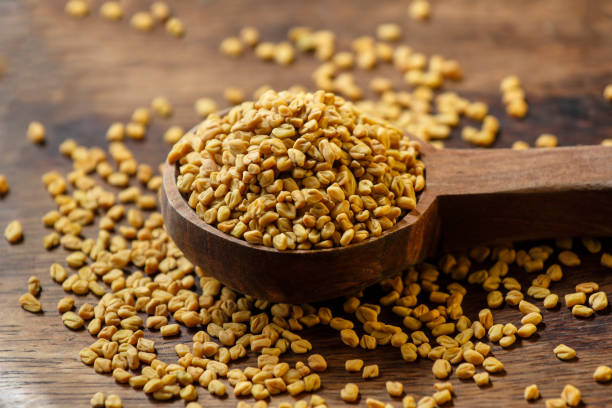
Fenugreek -
Garlic's major usage throughout history was for its therapeutic benefits. The majority of these health benefits are attributed to a component known as allicin, which is also responsible for garlic's unique odor. Garlic supplementation is well known for its ability to treat illnesses, including the common cold. If you frequently catch a cold, including extra garlic in your diet might be really beneficial. There is also compelling evidence that it has a positive effect on heart health.
Garlic supplementation appears to lower total and/or LDL cholesterol by 10-15% in those with high cholesterol. Garlic supplementation has also been shown in human trials to significantly lower blood pressure in persons with high blood pressure. It was just as effective as a blood pressure medication in one research.
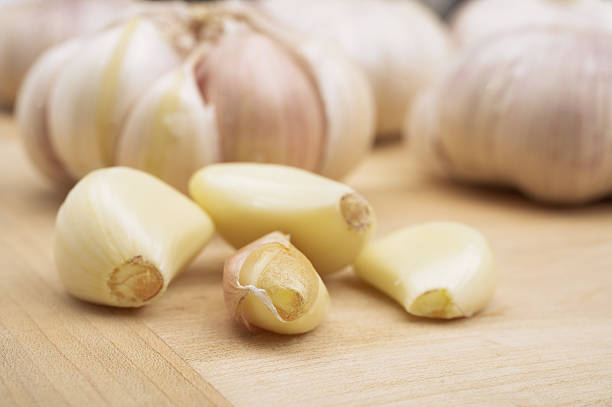
Garlic 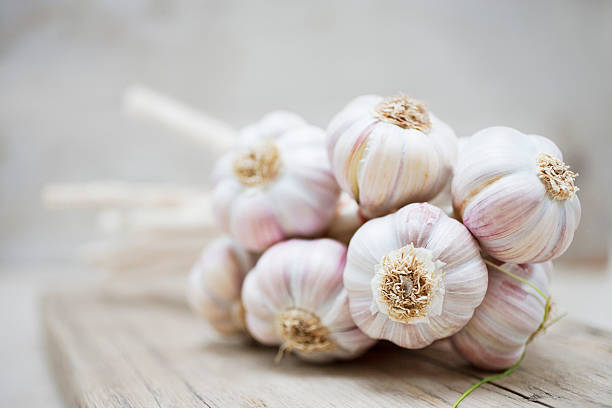
Garlic











